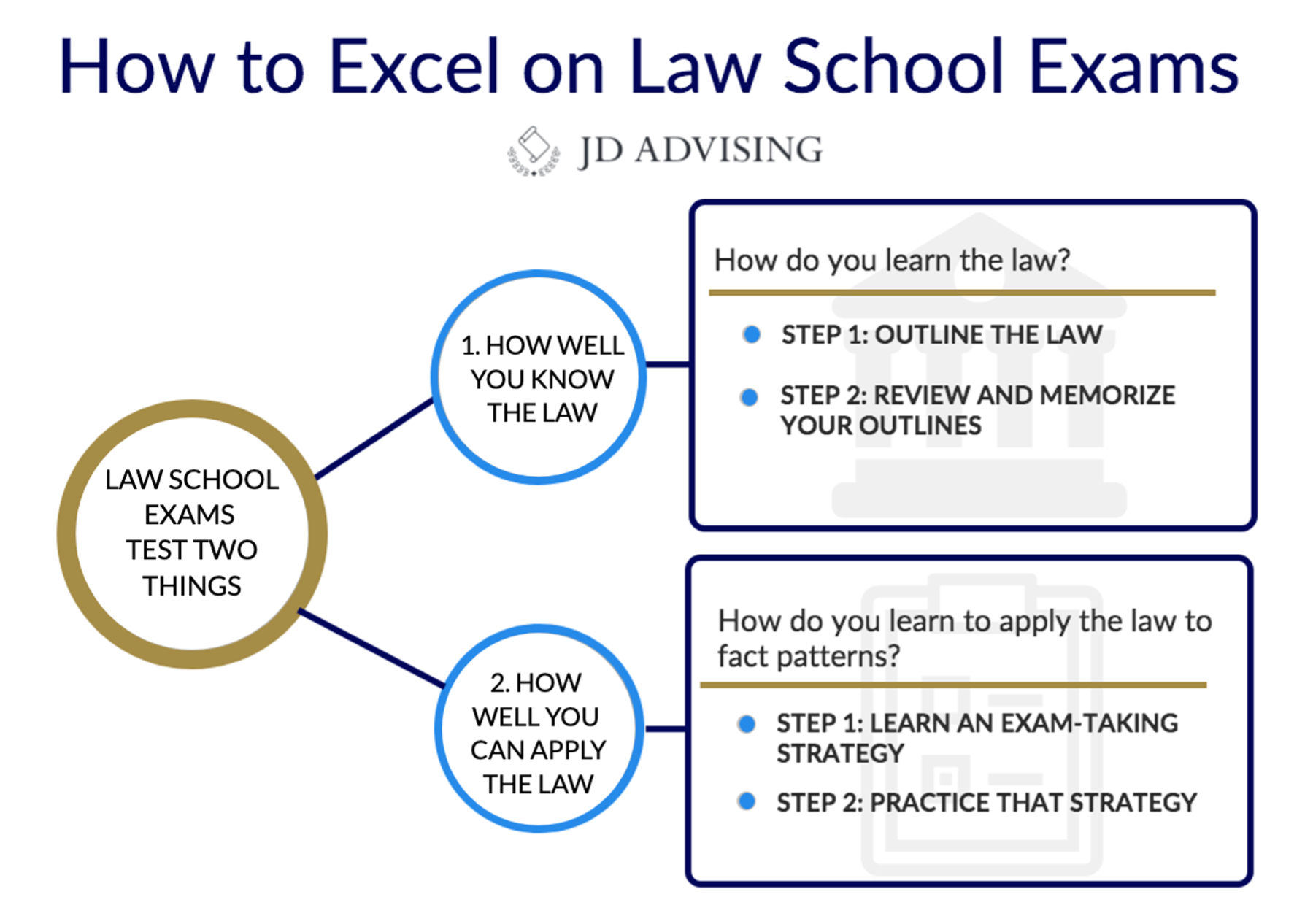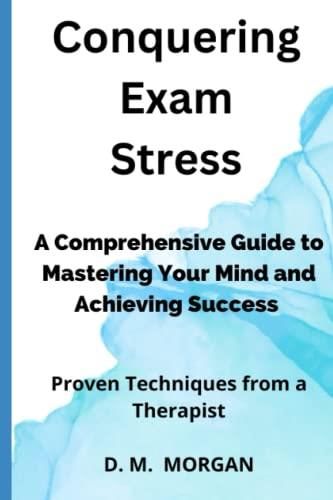Conquering the Lawyer Exam: A Comprehensive Guide to Success

The lawyer exam, also known as the bar exam, is a significant hurdle for aspiring legal professionals. This rigorous assessment evaluates a candidate’s knowledge of law and their ability to apply it effectively. Passing the lawyer exam is essential for obtaining a law license, which is required to practice law in a specific jurisdiction. This comprehensive guide explores the ins and outs of the lawyer exam, offering valuable insights and strategies to help you achieve success.
Understanding the Lawyer Exam: Structure and Content
The lawyer exam is a multi-day examination typically divided into two sections: the Multistate Bar Examination (MBE) and the state-specific essays.
-
The Multistate Bar Examination (MBE): This standardized component tests your knowledge of seven core subjects: Contracts, Criminal Law and Procedure, Constitutional Law, Evidence, Real Property, Torts, and Civil Procedure. The MBE consists of 200 multiple-choice questions, with each question focusing on a specific legal concept or principle.
-
State-Specific Essays: This section assesses your ability to apply legal knowledge to factual scenarios. Each state has its own set of essays, often covering a range of topics including family law, probate, business organizations, and professional responsibility.

The specific format and weighting of each section may vary by jurisdiction. It’s crucial to review the requirements and expectations for the lawyer exam in your desired state.
Preparing for the Lawyer Exam: A Strategic Approach
Preparation for the lawyer exam is a marathon, not a sprint. A comprehensive study plan is essential to ensuring success.
- Set a Timeline:

Create a realistic study schedule that allows for sufficient time to cover all exam subjects. Factor in your learning style, existing knowledge base, and any other commitments you may have.

Utilize Study Materials: Numerous resources are available to assist you in your preparation. Consider using commercial bar review courses, textbooks, practice exams, and online study guides. Choose materials that align with your learning style and the specific requirements of your state’s lawyer exam.
-
Focus on Understanding, Not Memorization: The lawyer exam aims to assess your ability to apply legal principles, not simply recall facts. Focus on developing a deep understanding of key concepts and their practical applications.
-
Practice, Practice, Practice: The more you practice, the more comfortable and confident you will become. Complete as many practice exams as possible under timed conditions to simulate the actual testing environment. Analyze your performance on each practice exam to identify areas that require further review.
-
Seek Guidance: Don’t hesitate to seek help from instructors, mentors, or other successful bar exam takers.
Exam Day Strategies: Maximizing Your Performance
On exam day, it is crucial to stay calm, focused, and organized.
-
Get a Good Night’s Sleep: Adequate rest is essential for optimal cognitive function.
-
Eat a Nutritious Breakfast: Start your day with a healthy and energizing breakfast to fuel your brain.
-
Arrive Early: Familiarize yourself with the exam venue and avoid feeling rushed on the day of the test.
-
Read Instructions Carefully: Pay close attention to all exam instructions and time limits.
-
Pace Yourself: Allocate your time wisely and avoid spending excessive time on any one question.
-
Stay Hydrated: Keep a water bottle handy to stay hydrated throughout the exam.
-
Check Your Answers: If time permits, review your answers carefully before submitting the exam.
Dealing with Test Anxiety: Strategies for Coping
The lawyer exam is a high-stakes event that can induce stress and anxiety. Implementing stress-management techniques can help you maintain a calm and focused mind.
-
Practice Relaxation Techniques: Deep breathing, meditation, or progressive muscle relaxation can help reduce anxiety levels.
-
Visualization: Imagine yourself succeeding on the exam.
-
Positive Self-Talk: Replace negative thoughts with positive affirmations.
-
Seek Support: Talk to friends, family, or a therapist about your feelings and concerns.
Beyond the Exam: A Lifelong Commitment to Learning
Passing the lawyer exam is a significant achievement, but it is merely the first step in your legal career.
-
Continuing Legal Education (CLE): Most jurisdictions require lawyers to complete a certain number of CLE hours each year to maintain their license.
-
Professional Development: Engage in activities that enhance your legal skills, expand your knowledge base, and foster your professional growth.
-
Networking: Build relationships with other lawyers, judges, and legal professionals.
The legal field is constantly evolving, so a commitment to lifelong learning is essential for success.
Conclusion:
The lawyer exam is a challenging but achievable milestone. By understanding the structure and content of the exam, adopting a strategic study plan, and implementing effective test-taking strategies, you can increase your chances of success. Remember to prioritize your well-being and seek support when needed. Ultimately, the key to conquering the lawyer exam lies in your dedication, hard work, and unwavering belief in your abilities.
Remember to tailor this guide for your specific jurisdiction and keep the keyword "lawyer exam" consistent throughout the article.
